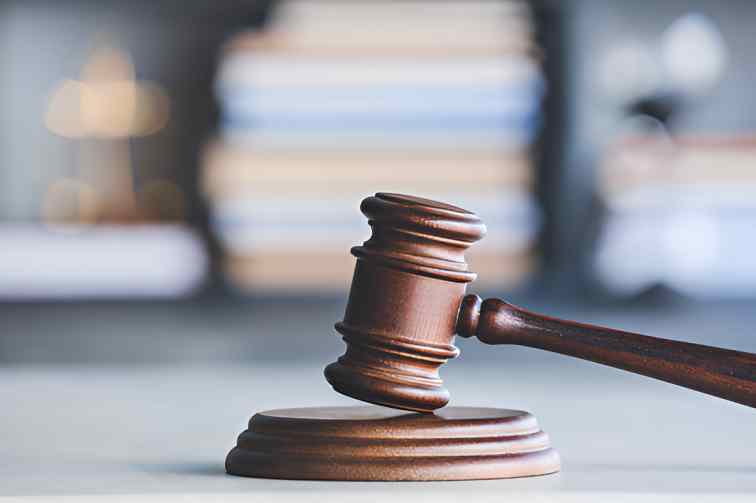The High Court has refused to suspend a directive by Interior Cabinet Secretary Kipchumba Murkomen encouraging police to use lethal force on protesters who approach police stations, citing lack of proof that the directive is being implemented.
Justice Lawrence Mugambi, ruling on an application filed by the Gema Watho Association, a lawyers' lobby group, said the court could not act on assumptions and would only intervene if there was clear evidence that police were executing the CS’s remarks.
“If we were to give orders, then we need evidence the police were executing the directives. Police are guided by statute, which outlines who is in charge of operations, and by the Constitution, which defines the functions of the Cabinet Secretary. Is there evidence the directives are being implemented?” the judge posed while rejecting the request for conservatory orders.
He emphasised that courts cannot issue orders “in vain” and stressed the need for demonstrable harm or risk before judicial intervention.
“The court cannot make orders in vain; it can only issue orders to stop a violation or an intended violation,” he added.
Justice Mugambi also pointed out that the court had not yet received a formal response from the National Police Service on the matter, leaving open questions about whether the directive had any operational backing.
In their petition, the Gema Watho Association urged the court to step in, warning that the directive posed a serious threat to the Bill of Rights and risked encouraging disproportionate police violence during public protests.
The association expressed concern that the Cabinet Secretary’s public comments could be interpreted by officers as a green light to use deadly force.
The case stemmed from a statement by Murkomen during a meeting in Kikuyu town, where he told police to shoot anyone who came near a police station and to defend themselves.
The group maintained that unchecked remarks such as those made by the CS could trigger rights violations and escalate confrontations between law enforcement and civilians.

